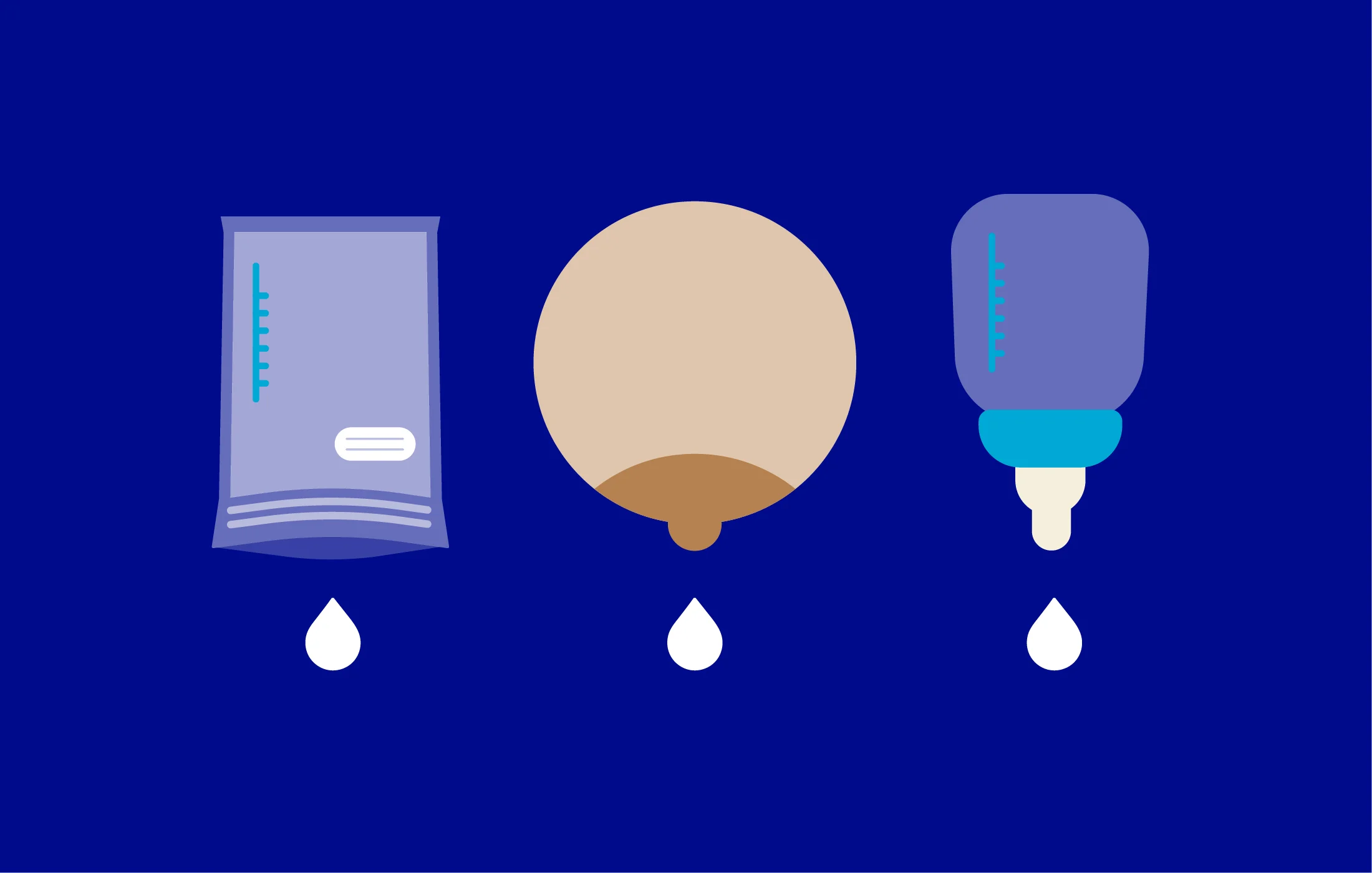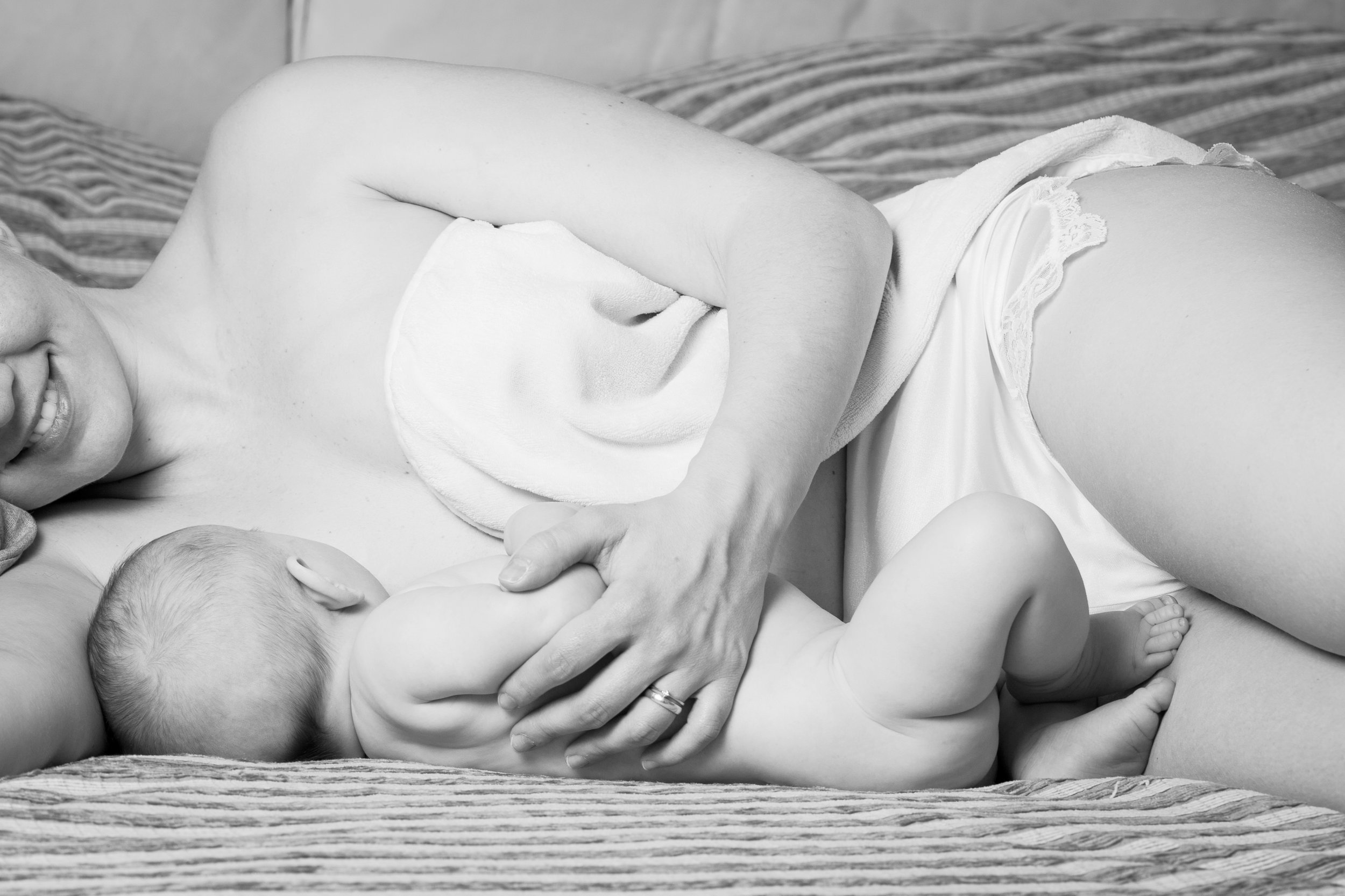The Best States for Breastfeeding
Breastfeeding can be hard. But breastfeeding when you’re away from your baby for long stretches—like at work—is even harder because pumping breast milk to bring home to baby takes time and planning.
Thanks to a 2022 amendment to the federal Fair Labor Standards Act (FLSA), the PUMP for Nursing Mothers Act extends workplace lactation accommodations to all workers. (Prior to the amendment, the FLSA’s 2010 “Break Time for Nursing Mothers” only covered non-exempt employees). The law now requires all employers to provide break time and a space to pump (that’s not a bathroom) for all breastfeeding employees. (Employers with 50 or fewer employees are eligible for exemption if they can demonstrate that compliance would be an “undue hardship.”) But some states have laws on the books that exceed the PUMP Act—by extending workplace protections beyond one year, stipulating requirements for lactation spaces (e.g. have outlets), or by protecting other breastfeeding folks who aren’t employees (e.g. students).
Mamava maintains a comprehensive guide to state-by-state breastfeeding laws and these nine states top the list.
California
The Golden State continues to set the gold standard when it comes to supporting breastfeeding in workplaces and beyond. State workplace lactation accommodation law includes specific requirements for lactation spaces—they must be in close proximity to where employees work; have a place to sit, a surface for a pump, and provide electrical outlets; and be located near both running water and a fridge to store pumped breast milk. But California doesn’t stop there: CA Labor Code also requires employers to implement a lactation policy. Beyond protecting breastfeeding parents at work, state law also requires California Community Colleges and the California State University to provide a private lactation room for breastfeeding students. So while California may be a laid-back state, they mean business when it comes to supporting breastfeeding. Read more about California breastfeeding laws.
Connecticut
Connecticut is one of two New England states that boosts support for breastfeeding employees. State law requires all employers in Connecticut—even those with just two employees!—to provide time and a private place (that’s not a bathroom) to pump at work. Additionally, Connecticut law requires workplace lactation spaces to have an electrical outlet and be located near a fridge so employees can store breast milk. Thanks to a lower exemption threshold for employers and stricter requirements for workplace lactation spaces, Connecticut makes sure breastfeeding employees have what they need at work. Read more about Connecticut breastfeeding laws.
Illinois
Illinois is a forward-thinking state when it comes to supporting breastfeeding. State law requires employers with more than five employees (the FLSA employer exemption threshold is 50!) to provide breastfeeding employees with break time and a space—other than a bathroom—to pump. Illinois also mandates that all public and charter schools provide time and a private space to pump for breastfeeding students. Read more about Illinois breastfeeding laws.
Massachusetts
While the federal threshold for employer exemption is 50 or fewer employees, the 2018 Massachusetts Pregnant Workers Fairness Act requires employers with six or more employees to provide breastfeeding employees with break time and a space (other than a bathroom) to pump. In addition, the law stipulates that lactation spaces must include electrical outlets, a table, and a place to sit. Read more about Massachusetts breastfeeding laws.
Minnesota
Minnesota has robust lactation accommodation laws that include a lower threshold for employer exemptions and laws that protect incarcerated mothers. All employers in Minnesota—even those with only one employee—have to give all breastfeeding employees break time to pump and a private space to do it. Minnesota was the first state in the country to stop separating incarcerated mothers from their newborn infants. Instead, the mother and child are placed in a community-based program for up to a year. The law, named “The Healthy Start Act" was signed into effect in May 2021. Read more about Minnesota breastfeeding laws.
Nebraska
Nebraska makes the list of breastfeeding-friendly states by having a lower threshold for employer exemption than the federal PUMP Act. State law requires employers with 15 or more employees to provide break time and a private (non-bathroom) space to pump. Nebraska law also mandates that all state and county governments, municipalities, school districts, and the university system develop a policy to support breastfeeding students—including requiring schools to provide a clean, private space for pumping or breastfeeding students. Read more about Nebraska breastfeeding laws.
New York
We love that New York was one of the first states to pass a law (in 1994) explicitly protecting the right to breastfeed in public. (It’s now legal in all states.) Like the FLSA PUMP Act, New York requires all employers to provide all breastfeeding employees with time and a space to pump. But New York extends these protections for up to three years after the child’s birth (FLSA covers one year). In addition, by state law, mothers in prison are allowed to keep their babies with them for up to one year. Read more about New York breastfeeding laws.
Virginia
According to Virginia state law, employers with five or more employees can’t discriminate on the “basis of pregnancy, childbirth or related medical conditions, including lactation.” Which means that employers cannot refuse break time and a lactation space (that’s not a bathroom) for breastfeeding employees to pump at work. Virginia law also protects breastfeeding students by directing all school boards to provide “breaks of reasonable length” and a private space (other than a bathroom) to pump at school for up to one year. Read more about Virginia breastfeeding laws.
Washington
Washington state is a breastfeeding-friendly state, thanks to state law that requires employers with 15 or more employees to provide a private non-bathroom lactation space for breastfeeding employees. These protections extend for two years and thereby exceed the protections offered by the federal PUMP Act by one year. Read more about Washington breastfeeding laws.
*This blog was updated in March 2023 to reflect new changes in legislation.
Note: Mamava’s goal is to provide the most up-to-date legislative information available. But federal, state, and municipal laws are constantly evolving—which is a good thing! So if we’ve missed something, we appreciate any additions or corrections. Contact us at hello@mamava.com.
Mamava designs solutions to empower breastfeeding and pumping parents on the go, like our freestanding lactation pods, Mamava’s lactation space locator app, and other helpful resources.
More breastfeeding resources



















